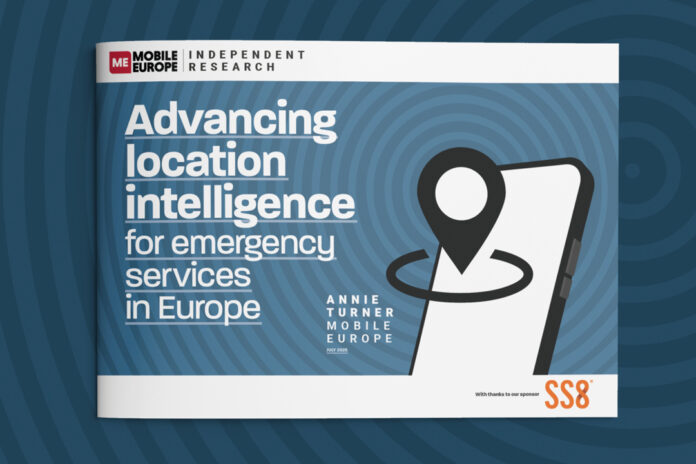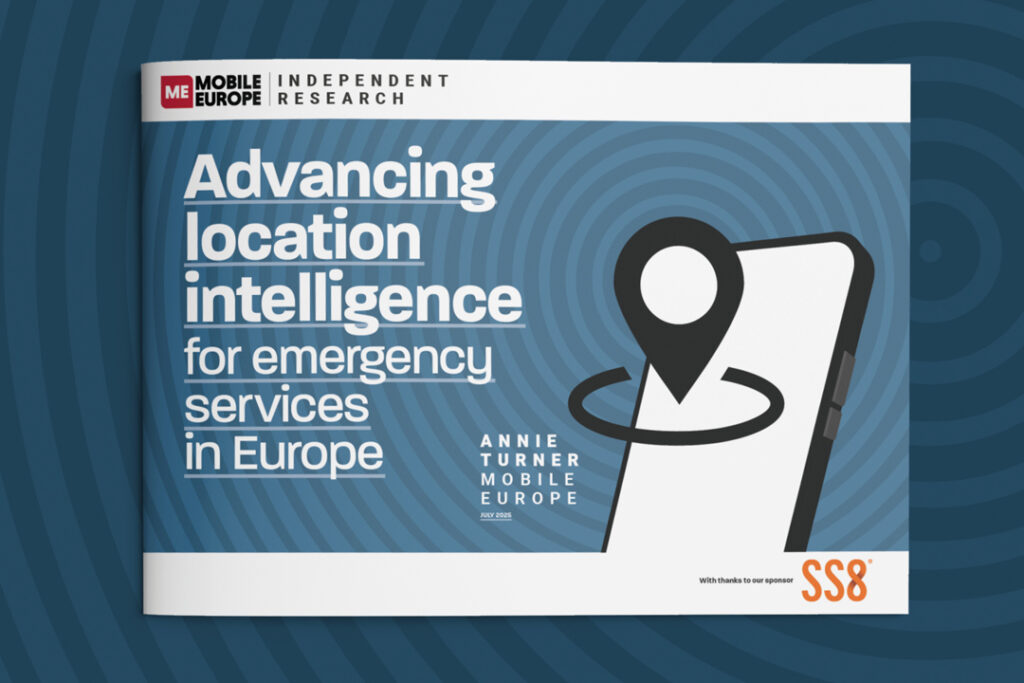The plan is that IP will form the basis of the next generation emergency number platform (NG112) but progress is variable and some digital techs have unresolved problems
By the end of 2027, all the countries subject to the European Union regulation (Member States and others that opted in) must be running their emergency communications infrastructure on IP-based infrastructure.
At that point, digital infrastructure will finally form the basis of the next generation emergency number platform (known as NG112) which has been under development for a number of years. This should pave the way for radical modernisation, finally, but is the emergency services ecosystem willing and able to meet the challenges of a new architecture and operational mode?
Varied and patchy
As this new research report, Advancing location intelligence for emergency services in Europe, published by Mobile Europe shows, progress is in deploying variuos technologies is uneven and glacial in some places. Many European countries fail to provide even the most basic information they are required to submit to enable any public safety answering points (PSAPs) to talk to any other PSAP across the continent, for example.
NG112, there are unresolved issues with some technologies, such as VoLTE in certain circumstances, that could impact operators meeting updated, Next Generation eCall regulations which come into force in early 2026. There is also considerable confusion about regulatory obligations and users’ options.
The report examines which technologies are used and how to provide accurate location information, and how this is becoming more precise but also more complex. It looks at the adoption of technologies across Europe, the regulatory framework that is in and what needs to happen for operators to comply and meet deadlines, and some outstanding technical issues.
A case in point…
This week, in the UK, broadband provider Gigaclear has been penalised by telecoms operator Ofcom for failing to provide accurate location data for nearly 1,000 emergency calls. The watchdog said this put people at “unacceptable risk”.
The operator has been ordered to pay £122,500 after issues with its caller location information for calls made to 999 or 112 between January 2022 and March 2024. The problem affected phone calls made over using Voice over Internet Protocol (VoIP) due to data failure.
No members of the public were reported to have suffered harm as a consequence, but Ofcom deemed the breach of regulations serious enough to warrant the substantial penalty.
George Lusty, Ofcom’s Enforcement Director, underscored the gravity of the situation. “Providing the emergency services with accurate location data can mean the difference between life and death,” he said. “So it’s vital that telecoms companies set up their systems correctly and test them thoroughly to make sure this happens. We won’t hesitate to hold companies to account, and Gigaclear fell short on a number of basic levels, putting its customers at unacceptable risk for a prolonged period of time.”
Keeping up to keep people safe
As technologies advance and emergency services gain more sources of information, it is incumbent on network operators to keep up to keep people safe.



